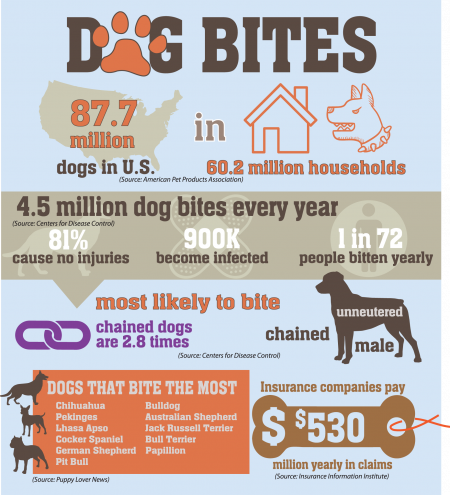14 Foods You Can Share With Your Dog
14 Foods You Can Share With Your Dog
Blog Article
Can Canine Day Care Cause Illness?
Pets in childcare get lots of workout, socializing with various other dogs and unique experiences. This can be specifically practical for young puppies and canines with behavioral concerns.
There are a number of lawful factors to consider you need to consider when beginning a dog childcare organization. These include the structure of your company and compliance with federal government guidelines.
1. Pooch Distemper
Canine distemper is spread out via direct contact with the bodily fluids and waste of an infected canine, however it can likewise be sent using common water and food bowls or through airborne droplets. This highly infectious disease is most hazardous for young puppies, however it can influence pets of any kind of age and is deadly for the majority of if left untreated.
Initial symptoms of canine distemper frequently imitate a cold, including drippy eyes and nose with watery or pus-like discharge. As the illness progresses, a canine will develop fever, coughing, decreased hunger, vomiting and diarrhea. The virus can also attack the nervous system, resulting in seizures, twitching and partial or complete paralysis.
Trusted day cares decrease exposure to infection by requiring vaccinations, routine health examinations and follow rigorous health methods. If your dog appears excessively exhausted or limping, a day of rest may help him recover, yet you need to stay clear of taking him back to childcare up until these signs clean up.
2. Kennel Cough
Kennel cough, also known as transmittable canine tracheobronchitis or Bordetella, is a very infectious viral or bacterial disease that affects the respiratory system. It's generally moved with the exchange of saliva or air droplets that a sick dog breathes out. Social pets are at higher risk for infection as a result of their constant interaction with one another, such as when they play, share food or water, sniff each other or just satisfy in a crowded environment like a pet park or childcare.
The most common symptom of kennel coughing is a consistent and powerful cough that seems like something embeded the throat or retching. Typically, canines will divulge frothy white phlegm. If left neglected, a dog can create pneumonia and be at serious threat permanently.
A credible day care facility need to have stringent cleaning and hygiene procedures, sterilize all toys, food and water bowls consistently, and be open regarding their vaccination policies. Maintaining your canine up to day on their vaccinations, specifically for bordetella and canine flu, will significantly reduce their opportunities of acquiring the illness.
3. Parvovirus
Canine parvovirus, or parvo, is an extremely contagious viral ailment that can be dangerous for puppies and young person pet dogs with poor body immune systems. It's most typically spread by straight contact with contaminated pet feces-- which can occur when dogs smell, lick, or taste contaminated feces-- and indirectly from polluted individuals, items, or environments (like kennels, brushing rooms and grass). Young puppies and dogs without total vaccination backgrounds are especially at risk to parvo.
The virus is extremely durable, surviving in the setting for up to 9 years, and can easily be moved between pets by get in touch with via feces or on shoes, apparel, and bed linen contaminated with parvovirus. Otherwise treated promptly with IV fluids, electrolyte equilibrium, vomiting control drugs and antibiotics to stop secondary microbial infections, a dog will quickly dehydrate and establish severe looseness of the bowels, which leads to shock and blood poisoning. Parvo is difficult to treat as soon as a canine has actually become ill, however with appropriate veterinary treatment, numerous pups do survive this health problem.
4. Canine Influenza
Pooch influenza virus is very contagious and spreads with direct dog boarding training near me get in touch with, sharing food and water bowls, licking or nuzzling various other canines, with airborne droplets, and via contaminated surface areas. Inoculation is effective in minimizing the risk of infection and break outs.
The majority of affected pet dogs develop a moderate respiratory system infection with a cough that lasts 1-3 weeks. They may additionally have nasal and ocular discharge, sneezing, and lethargy. Several of one of the most major instances result in pneumonia and a high fever.
If your canine displays any one of these symptoms, do not bring them back to day care till they are healthy. If your pet dog is showing indications of severe fatigue or limping, talk with your vet as soon as possible and make sure they are on healthiness supplements to help develop their resistance. A veterinarian will review your dog for signs of the influenza by taking a sample from the nose or throat, and blood tests can be done to validate.